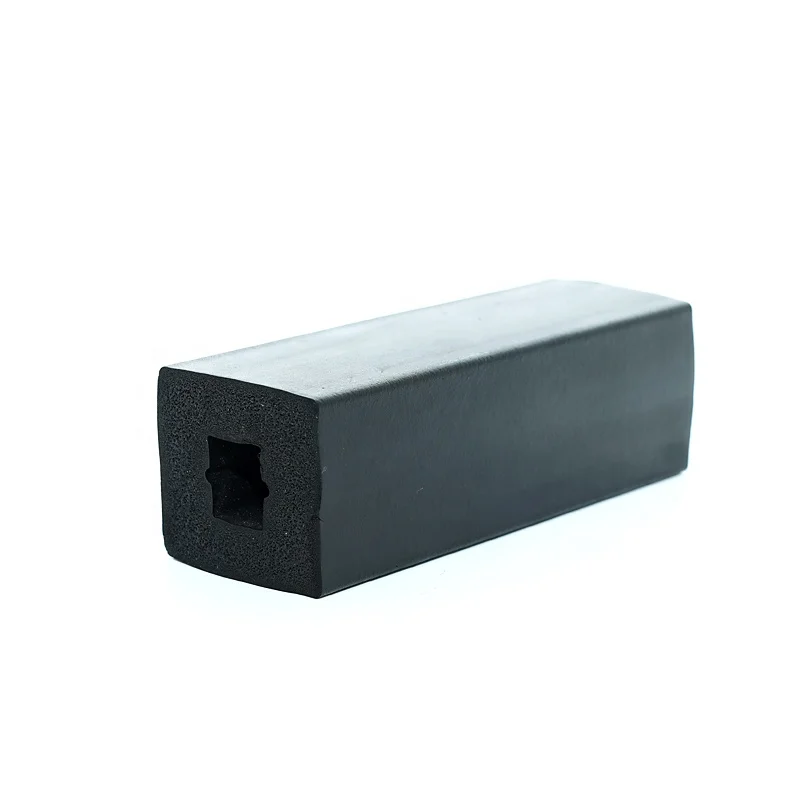Carnauba wax, often referred to as the queen of waxes, stands out due to its hardness and high melting point, which ranges from 80 to 86 degrees Celsius. It is one of the hardest natural waxes available and is composed primarily of fatty acids, alcohols, and esters. Due to its natural origins and non-toxic nature, carnauba wax is widely accepted for consumer products, making it safe for use in food items and personal care products. Moreover, it is biodegradable, which resonates well with environmentally conscious consumers.
 Home
Home












